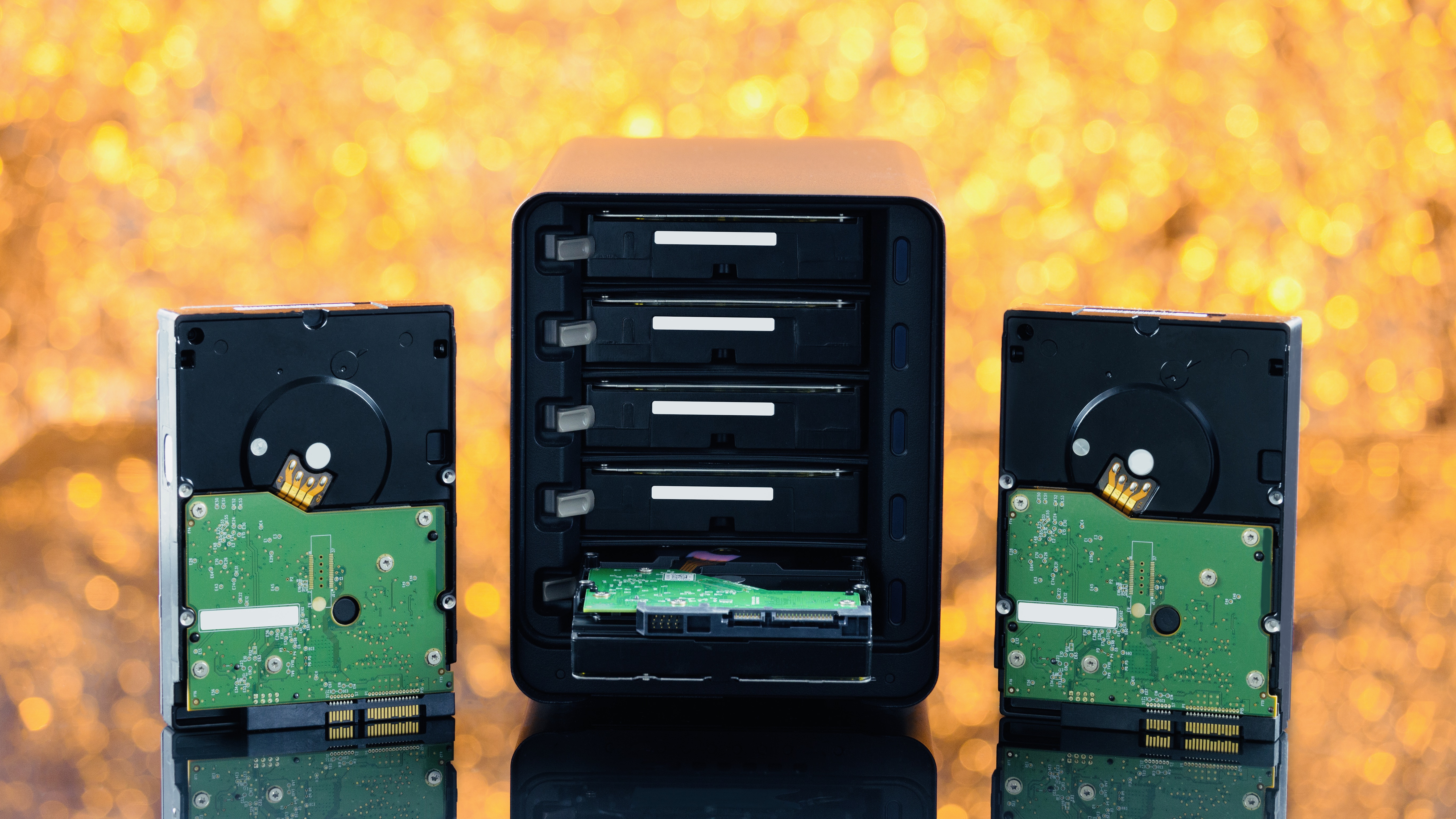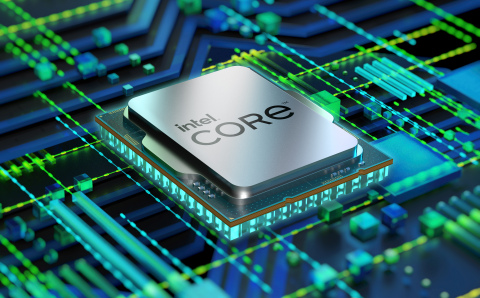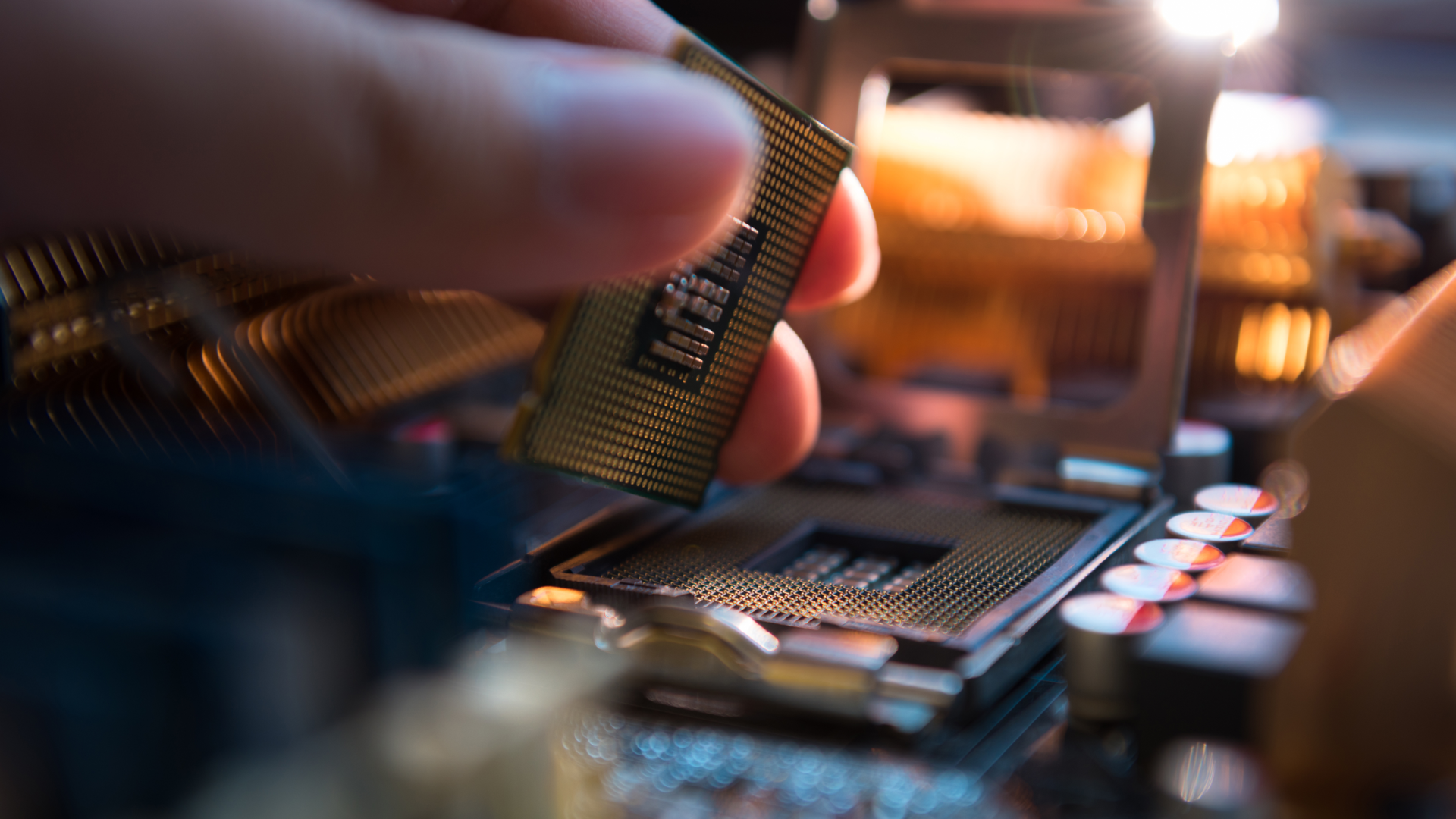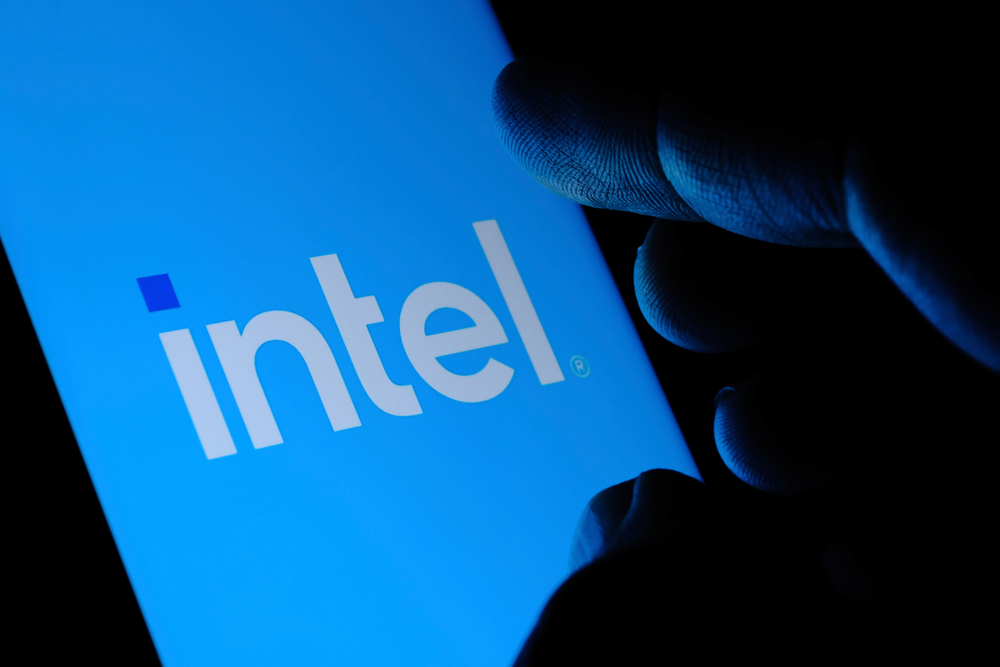Cloudflare ditches Intel Xeon CPUs over “enormous” energy consumption
The firm’s 11th generation servers will be fitted with AMD EPYC 7713 CPUs instead


The latest generation of Cloudflare servers won’t be fitted with the Intel Xeon CPUs because of their "enormous" levels of energy consumption.
The company’s hardware engineering team had evaluated a variety of chips for its ‘generation 11’ servers, concluding the latest Intel Xeon CPUs, based on the Ice Lake architecture, aren't energy efficient enough to match its ambitions.
The firm has instead opted to continue using AMD EPYC CPUs for the servers that have been in development since mid-2020. This is because while the two lines are roughly on-par when it comes to performance, Cloudflare claims AMD chips consume less power.
“We evaluated Intel’s latest generation of 'Ice Lake' Xeon processors,” said Cloudflare’s platform operations engineer Chris Howells.
“Although Intel’s chips were able to compete with AMD in terms of raw performance, the power consumption was several hundred watts higher per server - that’s enormous. This meant that Intel’s Performance per Watt was unattractive.”
This decision has been made in light of the company’s claims that it’s striving to reduce its operational costs and its overall power consumption in the way it fits its hardware together and runs it. For instance, Cloudflare has recently transitioned from three Samsung 960GB drives to two 1.92TB units in order to gain a terabyte of capacity and lose six watts of power consumption.
RELATED RESOURCE

Green deals: The role of sustainability in M&A
What a global pandemic is teaching us about potential for sustainable M&A
Intel launched its third-generation Intel Xeon data centre CPUs in April, claiming these are the only data centre processors with built-in AI and advanced security capabilities.
Get the ITPro daily newsletter
Sign up today and you will receive a free copy of our Future Focus 2025 report - the leading guidance on AI, cybersecurity and other IT challenges as per 700+ senior executives
Cloudflare, however, snubbed these CPUs in light of the fact the firm’s components didn’t meet its energy consumption requirements. However, Howells added, Cloudflare hasn’t ruled out using Intel CPUs in future generations of its servers.
The firm had previously deployed AMD EPYC 7642 processors in its ‘generation 10’ servers, with these 48-core CPUs based on AMD’s 2nd generation EPYC architecture, and codenamed Rome. Before this, Cloudflare used a dual-socket Intel platform in its ‘generation 9’ systems, with the jump between the previous two generations described as enormous.
For the ‘generation 11’ servers, Cloudflare evaluated Intel Xeon chips alongside AMD’s third-generation EPYC CPUs, codenamed Milan. Based on the performance levels of sample CPUs of varying core counts, Cloudflare opted for the 64-core AMD EPYC 7713 CPU to be fitted into these servers.
These chips will be fitted alongside 384GB DDR4-3200 RAM, an upgrade on the 256GB DDR4-2933 RAM configuration in the ‘generation 10’ servers.

Keumars Afifi-Sabet is a writer and editor that specialises in public sector, cyber security, and cloud computing. He first joined ITPro as a staff writer in April 2018 and eventually became its Features Editor. Although a regular contributor to other tech sites in the past, these days you will find Keumars on LiveScience, where he runs its Technology section.
-
 Bigger salaries, more burnout: Is the CISO role in crisis?
Bigger salaries, more burnout: Is the CISO role in crisis?In-depth CISOs are more stressed than ever before – but why is this and what can be done?
By Kate O'Flaherty Published
-
 Cheap cyber crime kits can be bought on the dark web for less than $25
Cheap cyber crime kits can be bought on the dark web for less than $25News Research from NordVPN shows phishing kits are now widely available on the dark web and via messaging apps like Telegram, and are often selling for less than $25.
By Emma Woollacott Published
-
 Replace your NAS device before you find a problem – don’t wait for things to go wrong
Replace your NAS device before you find a problem – don’t wait for things to go wrongOpinion After years of excellent service, retiring a Synology NAS server saw a drastic improvement in speed and functionality
By Jon Honeyball Published
-
 How do laser printers work?
How do laser printers work?In-depth If you’re scratching your head wondering how laser printers work, then we’ve got all the answers here
By Zach Marzouk Published
-
 LED vs laser printers: Which is better for business?
LED vs laser printers: Which is better for business?In-depth Laser and LED printer technology is similar, but each come with their own unique benefits that could make them best for your company
By Rory Bathgate Published
-
 One-day IT projects to improve your business network
One-day IT projects to improve your business networkIn-depth Not all IT tasks take years to complete. We outline nine short, smart networking projects that can bring immediate benefits
By Steve Cassidy Published
-
 Compatible vs genuine ink cartridges: Is compatible ink as good as original?
Compatible vs genuine ink cartridges: Is compatible ink as good as original?In-depth Make sure you buy the right kind of ink cartridge for your printer
By Zach Marzouk Published
-
 Intel launches 12th-gen Alder Lake processors optimised for Windows 11
Intel launches 12th-gen Alder Lake processors optimised for Windows 11News The chip company promises performance boosts of up to 37% on resource-heavy tasks
By Zach Marzouk Published
-
 Intel’s 10nm Alder Lake CPUs look set to deliver a major performance boost
Intel’s 10nm Alder Lake CPUs look set to deliver a major performance boostNews The desktop chips are said to benefit from a hybrid configuration combining high-power and high-efficiency cores
By Keumars Afifi-Sabet Published
-
 Intel's Rocket Lake-S desktop CPUs set to arrive in 2021
Intel's Rocket Lake-S desktop CPUs set to arrive in 2021News The 14nm CPUs will provide a double-digit performance boost, but others raise questions after AMD’s shift to 7nm chips
By Keumars Afifi-Sabet Published